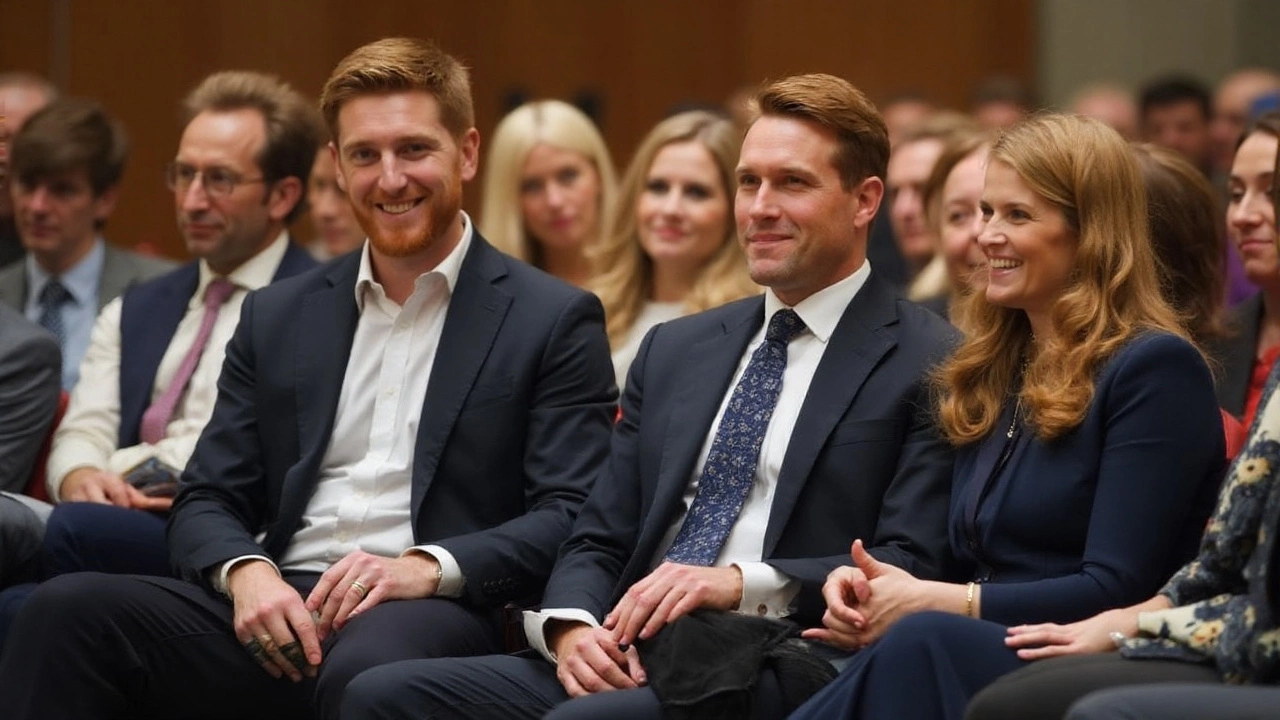Labour Party and Grassroots Soccer
If you follow local football, you’ve probably heard the Labour Party mentioned in discussions about funding, facilities and youth programmes. The party’s stance on sport isn’t just politics – it directly shapes the chances for a kid to join a Saturday morning team or for a community pitch to get a fresh coat of paint. Below we break down the most relevant points and show you how they affect everyday players.
Key Policies That Affect Local Clubs
Labour has long backed public investment in sports. Their recent Community Sports Fund promises grants for clubs that can’t rely on private sponsors. The fund is capped at £5,000 per club and can be used for equipment, coaching courses or pitch upgrades. In practice, a small town club that struggled to buy new kits could apply, fill out a simple form and, if approved, receive the money within a few weeks.
Another policy is the UK School Sports Programme. Labour pushes for more PE hours and better access to local pitches during school holidays. This means more kids get regular playtime, which feeds talent into junior teams. Clubs often see a rise in registrations after a school programme ends because kids want to keep playing after school hours.
The party also champions equality in sport. Their gender‑pay equity guidelines require clubs receiving public money to offer equal opportunities for girls and boys. For a club that previously ran only a boys' team, this could mean new coaching sessions for girls, plus the chance to apply for extra funding to cover costs.
How Fans Can Get Involved
Even if you’re not a Labour supporter, you can still benefit from these policies. First, keep an eye on your local council’s announcements – many grant applications are announced through council websites. Second, volunteer for your club’s grant‑writing team. A well‑written application can be the difference between getting a new scoreboard or staying the same.
Third, join the conversation. Labour often runs public consultations when they draft new sport‑related legislation. By signing up for updates on the party’s website, you can submit feedback on how a proposal will impact your neighbourhood. Real‑world examples, like a request to keep a park’s football pitch open late, have swayed decisions before.
Finally, use social media to highlight success stories. When your club gets a grant and improves facilities, tag local Labour councillors or MPs. Public praise can encourage them to keep supporting community sport and may lead to more funding cycles.
Bottom line: the Labour Party’s policies aim to make grassroots football more accessible, better funded and fairer for everyone. Understanding the key programmes and getting involved at the local level can turn those policies into real improvements on the pitch. So, whether you’re a player, parent or fan, keep an eye on the political side of the game – it’s often the behind‑the‑scenes factor that makes the biggest difference.
Keir Starmer Under Strain as Angela Rayner Exit Tests Labour Unity
Angela Rayner’s removal as deputy prime minister is a high-stakes moment for Keir Starmer. He stuck to his standards pledge, but the political fallout is real: anger from activists, a hit to party morale, and the risk of a noisy backbench critic. Rayner remains popular and has time for a comeback. How she acts now will shape Labour’s unity and Starmer’s authority.
